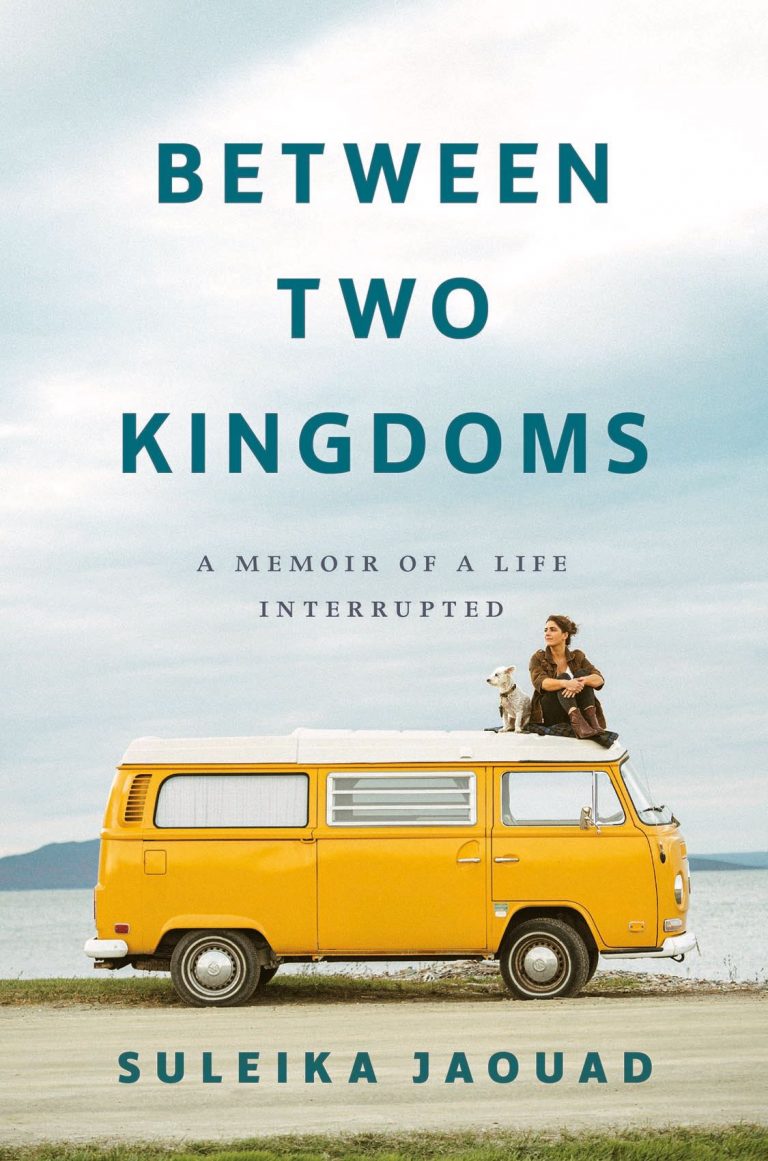
She would spend much of the next four years confined to a hospital bed, fighting for her life. By time she boarded a plane home to New York, she had lost her job, her apartment, and her independence. Just like that, the life she had imagined for herself was engulfed in flames. Then came a trip to the doctor and, a few weeks shy of her twenty-third birthday, a diagnosis: leukemia, with a 35 percent chance of survival. Then came the exhaustion, and the six-hour naps that only seemed to deepen her fatigue. It started with an itch-first on her feet, then migrating up her legs-like a thousand mosquito bites. The “real world” she found, however, would take her into a very different kind of conflict zone. In the summer of 2010, Suleika Jaouad had just graduated from college, preparing, as they say in commencement speeches, to enter “the real world.” She had fallen in love and moved to Paris to pursue her dream of becoming a war correspondent.

In the tension between health and sickness, past and present, a new balance must be forged.NEW YORK TIMES BESTSELLER / A searing, deeply moving memoir of illness and recovery that traces one young woman’s journey from diagnosis to remission to re-entry into “normal” life-from the author of the Life, Interrupted column in The New York Times Jaouad is writing about a process, a back-and-forth. Yet this is also, I think, part of the point. It’s a bold move, this tonal shift, and at times it can be jarring. Jaouad makes that explicit by shifting to present tense in the second half of the book - the part about recovery - as she travels the United States, visiting the people, many of them readers of her blog, who offered her solace during the years she was sick. But Between Two Kingdoms is also about the struggle to remain a participant in one’s own life. To highlight this porousness, she reveals how cancer changed her family dynamics. Life and death, health and sickness … they overlap and blur together in the singular experience of the now. Jaouad’s point is that we never fully get better, just as we were never fully well in the first place. What, though, does reconciliation really mean? How do we put a piece of our lives away?. But how does this happen? And what does one do after it has? The key is not so much recollection but reconciliation, which is part of the intention of the memoir.


This question functions as lodestar, something of a guiding light. 'How do you react to a cancer diagnosis at age twenty-two?' she wonders. Rather, what we get is a young person wrestling with a situation she would have once considered unimaginable, until it became the substance of her life.

There is no self-pity in this telling and few of the expected pieties. Here is the key to Between Two Kingdoms - Jaouad’s disarming honesty.


 0 kommentar(er)
0 kommentar(er)
